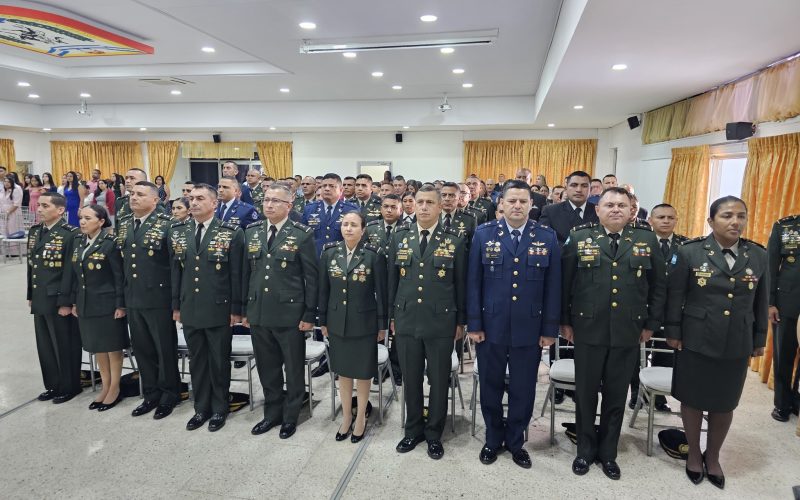The request by the Honduran Armed Forces to access the presidential vote count has been unanimously rejected by authorities, political parties, and civil society organizations. Constitutional experts and social leaders interpreted the measure as interference in the independence of the electoral process and a possible violation of citizens’ fundamental rights.
The military’s petition has been interpreted as an action potentially jeopardizing electoral neutrality and paving the way for the militarization of ballot tabulation. The response from diverse political factions, including the LIBRE party, highlights worries regarding the safeguarding of the process’s legitimacy and guaranteeing that the populace’s will remains free from external pressures.
Responses from institutions and the public
Electoral bodies and civic groups highlighted that the involvement of military personnel in the vote tabulation process goes against the tenets outlined in the Constitution and existing electoral laws. Constitutional scholars noted that this demand represents an institutional intrusion that could compromise the perceived integrity of the procedure.
The LIBRE political organization released declarations denouncing any efforts by foreign entities to meddle with the populace’s wishes, underscoring the imperative for the National Electoral Council (CNE) to uphold its independence and impartiality. Community figures similarly issued statements characterizing the Armed Forces’ proposal as an act jeopardizing the sovereignty of the democratic system and undermining public trust.
Political and social implications
The installment has ignited a discussion concerning the interplay between military institutions and the political landscape in Honduras. Commentators have viewed this appeal as an action that might reinforce notions of partiality towards particular political figures, particularly within a delicate electoral environment.
In addition, the reaction from different sectors reflects the growing demand for transparency and strict compliance with democratic norms on the part of citizens. Various international organizations and observers have monitored the situation, highlighting the importance of maintaining the separation between the armed forces and electoral processes. The controversy also reveals latent tensions in the country’s governance and highlights the need to strengthen institutional control mechanisms that guarantee the credibility of the vote and political stability.
Systemic hurdles and assurances of democracy
The refusal of military involvement presents difficulties for election officials, who are tasked with guaranteeing an accurate vote count and maintaining public trust in the outcomes. This scenario further highlights the necessity of defining distinct boundaries between governmental branches and ensuring that any external entity’s engagement is rigorously governed by electoral law.
Honduras confronts the task of safeguarding the electoral process’s independence against external influence, thereby upholding constitutional tenets and institutional self-governance. The populace’s call for openness and adherence to regulations demonstrates a vigorous dedication to democratic ideals and a repudiation of any act that might be construed as manipulation or interference with the public’s mandate.




